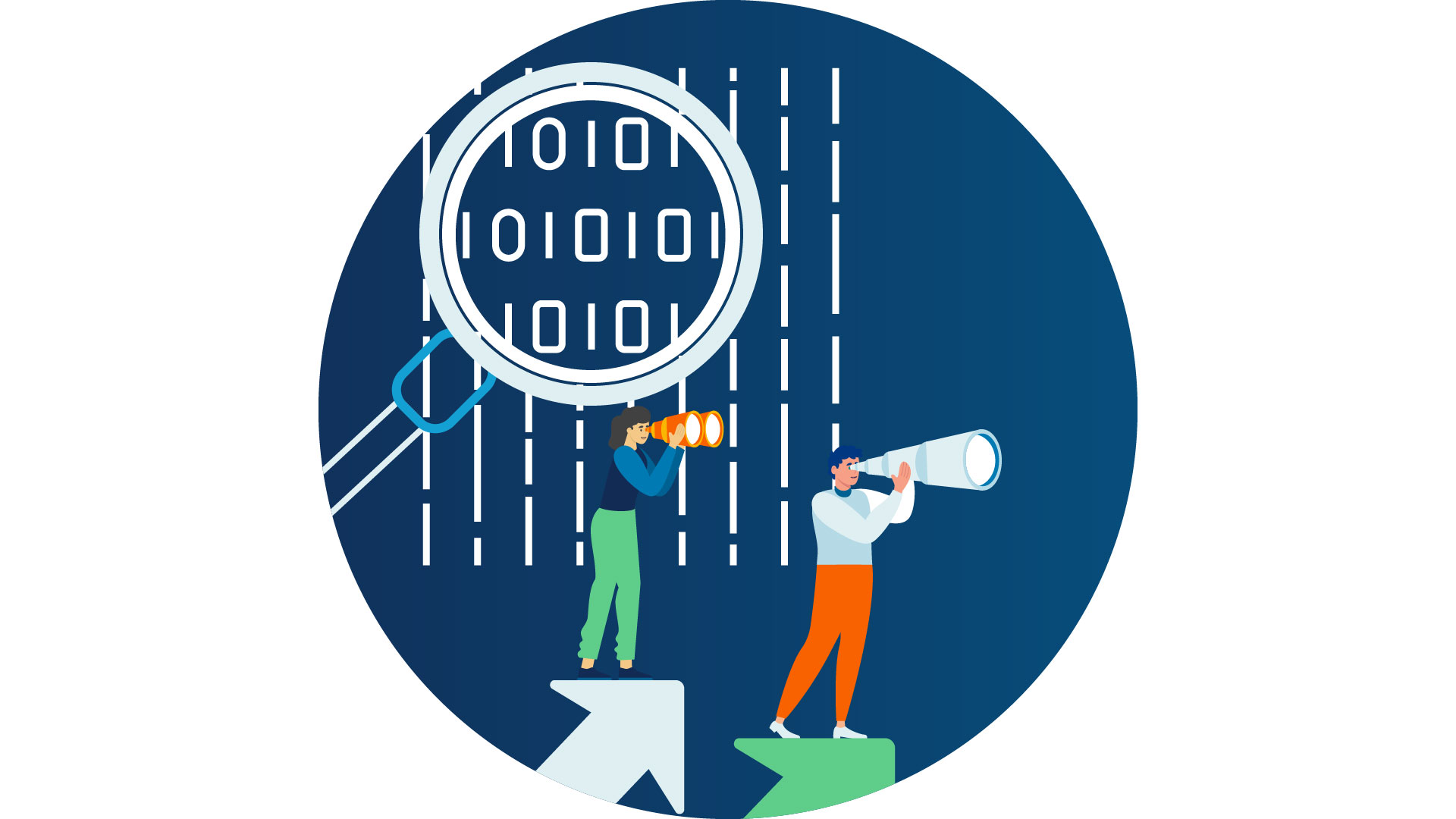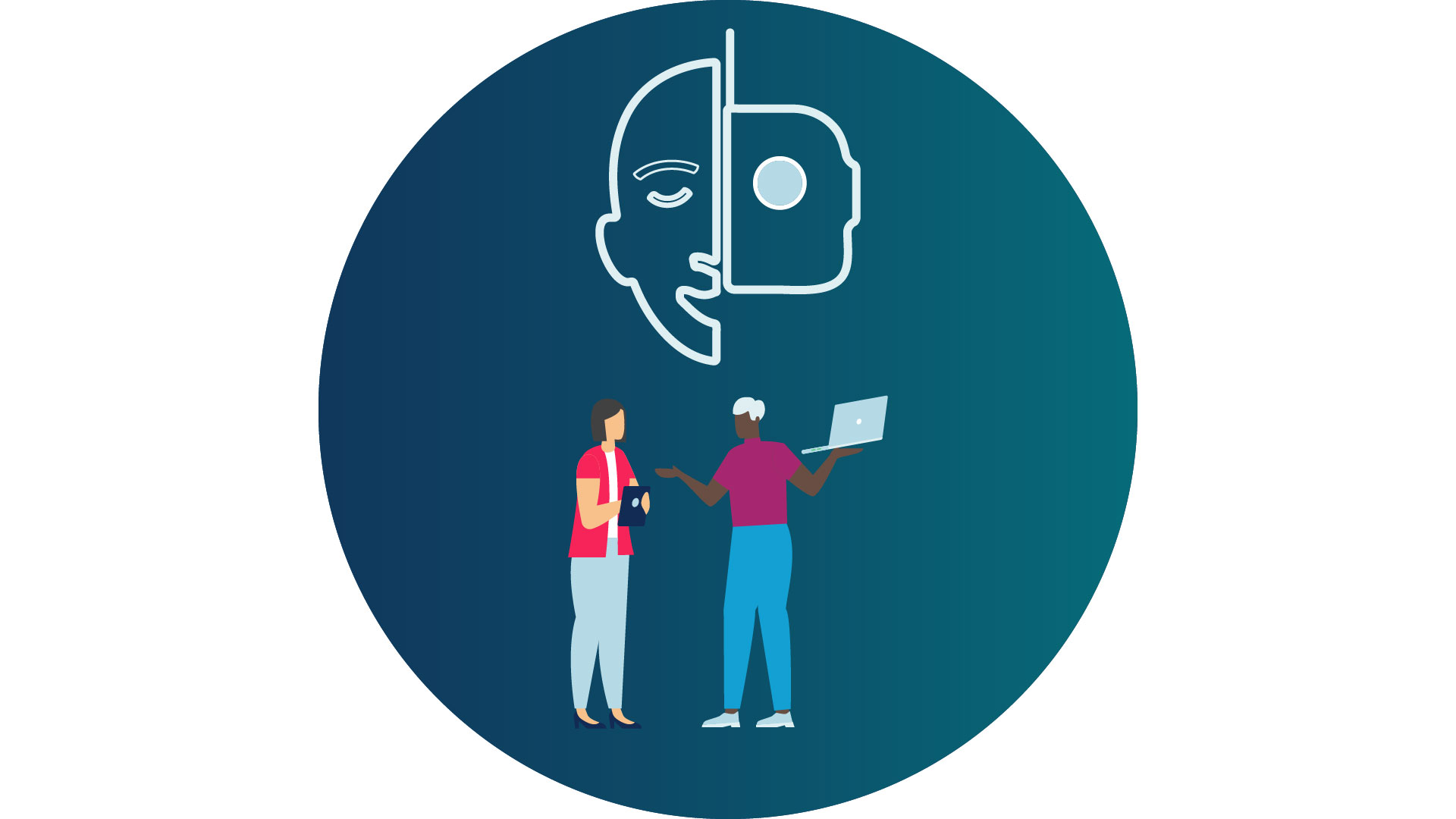Public and regulatory attention towards potential unintended consequences of AI and the use of data is increasing.
As a trusted partner, Allianz has developed a range of initiatives related to data ethics and responsible usage of AI systems, centered on the interests and needs of stakeholders, such as our customers, employees, and business units.
We go beyond compliance with all applicable legal and regulatory requirements by implementing a human centric approach to AI. Working cross-functionally, we consult all relevant stakeholders – whether from the business, data science, IT and security, or privacy functions – to ensure implementation of both Privacy and Ethics by Design.




